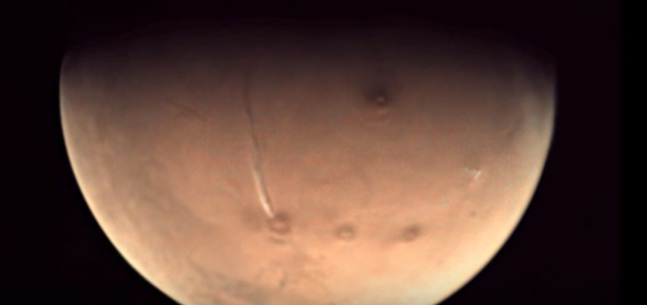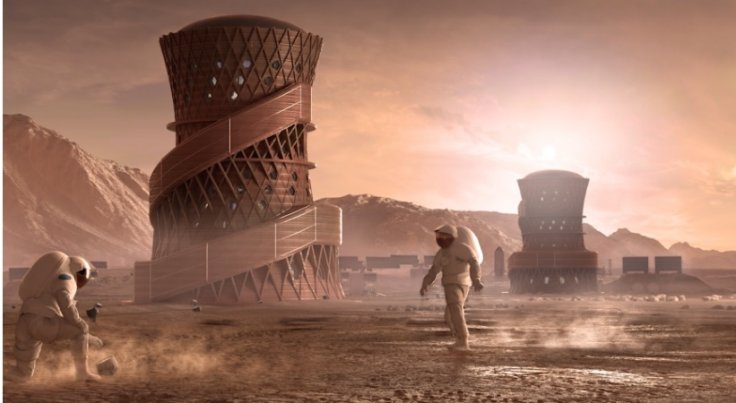A scientist from Germany was able to successfully recreate the environment of Mars in his invention known as the Martian Chamber. Through this chamber, the scientist was able to test if life is possible to exist on the Red Planet.
The Martian Chamber was created by Dr. Jean-Pierre Paul De Vera of the German Spatial Research Center in Berlin. His invention, as well as the experiments he carried out with it, were featured on "Tomorrow's World Today," an innovation-based program launched by Amazon Prime.

Creating the Martian Chamber
For his invention, De Vera replicated the harsh environmental conditions of Mars. This involves mimicking the conditions set by Mars' chemical composition, atmospheric pressure, ultraviolet rays and overall temperature.
These are the main factors that contribute to the harsh conditions on Mars. It is widely believed that the Red Planet's environmental condition, especially the high level of radiation on the surface, is the main reason why it's inhospitable.
Experiments with Martian Chamber
After creating the Martian Chamber, De Vera introduced a simple photosynthetic organism known as cyanobacteria to the artificial alien environment. To his surprise, the organism survived and thrived within the chamber for several weeks.
For his second experiment, the scientist used a more complex microorganism from Antarctica. Similar to the results of his first test, the organism from Antarctica also thrived inside the Martian Chamber. This led De Vera to conclude that it is possible for the Martian environment to support life.

Possible Existence of Life on Mars
The results of De Vera's experiments with his Martian Chamber are certainly favorable especially for space missions that are aimed at finding traces of alien life on the Red Planet. More importantly, the experiments suggest that lifeforms from Earth can survive on Mars.
"From what we've seen, the results we've had, it would be possible to find life there, or terrestrial life, microorganisms could survive on Mars," De Vera explained on the program. "It's impressive, we never imagined these results, especially with more complex organisms," he added. "They are not bacteria, they're organisms, which use photosynthesis. Life is possible on Mars, and Mars can be a habitat for organisms that live on Earth."








